Florida remains a top destination for retirees, thanks not only to its sun-soaked cities and welcoming communities but also for its favorable tax environment for seniors. Understanding the senior tax exemption landscape in 2025 is crucial for Floridians aged 65 and over, their families, and anyone considering relocating to the Sunshine State. This comprehensive article explores which counties offer senior property tax exemptions, what it takes to qualify, the impact these policies have on local communities, and how they affect household budgets.
Understanding Senior Tax Exemptions in Florida
Senior tax exemptions in Florida are designed to ease the property tax burden for residents aged 65 and over. These exemptions can significantly reduce the amount of property taxes seniors pay on their primary residences — sometimes by as much as $50,000 of assessed property value, depending on the county or municipality. The goal is to help older residents, especially those on fixed incomes, continue to afford their homes as costs rise.
Types of Senior Exemptions Offered
Florida provides two main kinds of additional homestead exemptions for seniors:
-
A fixed exemption (up to $50,000) for seniors with incomes below the state’s threshold.
-
A “long-term residency” exemption, which can exempt the entire assessed value for long-term residents who meet specific age, income, and tenure criteria.
The amount and availability of these exemptions depend largely on local ordinances adopted by county and city governments.
Statewide Framework for Senior Exemptions
Florida’s state constitution allows counties and municipalities to opt into additional homestead exemptions for qualifying seniors. To be eligible, the following basic requirements must be met:
-
The homeowner must be at least 65 years old as of January 1 of the year applying.
-
The property must be the primary, permanent residence.
-
The household’s adjusted gross income cannot exceed the limit set annually by Florida’s Department of Revenue. For 2025, this limit is $37,694.
-
For the long-term residency exemption, the home must have been the owner’s permanent residence for at least 25 years, and its value must be less than $250,000.
Senior Tax Exemption by County in Florida (2025)
| County | Main Cities / Areas | Senior Exemption Amount | Income Limit | Special Notes / Additional Exemptions |
|---|---|---|---|---|
| Broward | Fort Lauderdale, Hollywood, Coral Springs, Pembroke Pines | $25,000 – $50,000 | $37,694* | Additional long-term residency exemption in some cities |
| Miami-Dade | Miami, Hialeah, Miami Beach | Up to $50,000 | $37,694* | Applies to many municipalities |
| Pasco | Dade City, New Port Richey, Zephyrhills | Up to $50,000 | $37,694* | Countywide, with widespread participation |
| Palm Beach | West Palm Beach, Boca Raton, Delray Beach | Up to $50,000 | $37,694* | Varies by municipality |
| Volusia | Deltona, New Smyrna Beach, Ponce Inlet, Holly Hill | Up to $50,000 + full value long-term exemption | $37,694* | Long-term exemption for 25+ year residents |
| Martin | Stuart, Jensen Beach, Indiantown | $25,000 – $50,000 | $37,694* | Village of Indiantown grants full $50,000 |
| Monroe | Key West, Marathon, Islamorada | Up to $50,000 | $37,694* | Special focus on low-income residents |
| Columbia | Lake City, surrounding areas | Up to $50,000 | $37,694* | Age and income requirements |
| Lee | Fort Myers, Cape Coral, Bonita Springs | Up to $50,000 | $37,694* | Countywide |
| Sarasota | Sarasota, North Port | Up to $50,000 | $37,694* | Includes multiple municipalities |
| Pinellas | St. Petersburg, Clearwater, Palm Harbor | Up to $50,000 | $37,694* | City-specific options |
| Hillsborough | Tampa, other areas | Up to $50,000 | $37,694* | Broad participation |
| Orange | Orlando, surrounding areas | Up to $50,000 | $37,694* | County and some cities |
| Alachua | Gainesville | Up to $50,000 | $37,694* | Countywide |
*Income limit set by FL Department of Revenue for 2025. Most programs require household adjusted gross income below this threshold.
Counties Offering Senior Tax Exemptions in 2025
Across Florida, a growing list of counties and municipalities have adopted senior tax exemptions to support their aging populations. While the details can vary, these regions share a commitment to helping seniors on fixed incomes remain in their homes.
Broward County
Broward County stands out with its robust support for senior exemptions, offering an additional $25,000 to $50,000 off the assessed value for qualifying homeowners. Key cities such as Fort Lauderdale, Hollywood, Coral Springs, and Pembroke Pines have all adopted senior-friendly exemption policies.
Miami-Dade County
Miami-Dade extends significant relief to its older residents. Homestead property owners aged 65 or above can benefit from a $50,000 exemption if their income is below the annual threshold. Municipalities like Miami, Hialeah, and Miami Beach each participate in the senior exemption program, promoting stable homeownership among older adults.
Pasco County
Pasco County is noted for its comprehensive approach. Its Board of County Commissioners has approved an additional $50,000 homestead exemption for low-income seniors. Seniors in cities such as Dade City, New Port Richey, and Zephyrhills can find meaningful property tax savings, which make the area increasingly attractive for retirees.
Palm Beach County
Palm Beach offers a low-income senior exemption, with participating cities including West Palm Beach, Boca Raton, and Delray Beach. Palm Beach’s property appraiser actively assists seniors in understanding and applying for these exemptions.
Volusia County
Volusia has adopted both the fixed senior exemption and the long-term residency option. Cities like Deltona, New Smyrna Beach, Ponce Inlet, and Holly Hill have implemented these policies, helping seniors reduce annual tax bills substantially, especially for those who have lived in their homes for decades.
Martin County
Martin County grants an extra $25,000 exemption for seniors, with the Village of Indiantown extending the full $50,000 to eligible residents. Stuart and Jensen Beach also see many beneficiaries among their retiree community.
Monroe County
Down in the Florida Keys, Monroe County also recognizes the unique needs of its senior residents. Homes in Key West, Marathon, and Islamorada may be eligible for the $50,000 senior exemption, particularly for residents on limited incomes.
Columbia County
Columbia County offers the senior exemption with eligibility determined by both age and income. Residents of Lake City and nearby towns make full use of this program to lower their housing costs.
Lee County
Lee County provides an additional senior exemption, benefiting residents in Fort Myers, Cape Coral, and Bonita Springs. The 65+ community, significant in these coastal towns, appreciates the financial relief the exemption brings.
Other Notable Counties
Many other Florida counties participate in senior exemption programs including but not limited to:
-
Sarasota (covering Sarasota and North Port)
-
Pinellas (with St. Petersburg, Clearwater, and Palm Harbor)
-
Hillsborough (including Tampa)
-
Orange (Orlando and surrounding areas)
-
Alachua (Gainesville)
Each county or city determines the specifics — amount, eligible income, and whether long-term exemptions are available — and application procedures.
City Examples and the Impact on Residents
Fort Lauderdale
In Fort Lauderdale, thousands of seniors benefit from the local government’s commitment to supporting older homeowners. For a $350,000 home, the combined homestead and senior exemption can lower the taxable value to $250,000 or less, saving seniors hundreds to thousands of dollars each year.
Miami Beach
Miami Beach’s mix of high property values and property tax rates makes the senior exemption particularly valuable to eligible homeowners, cushioning the cost of living in this vibrant, cosmopolitan city.
Sarasota
Sarasota’s growing senior population leverages the county’s exemption to offset rising real estate prices, helping retirees stay near the region’s acclaimed cultural institutions and healthcare facilities.
Gainesville
Gainesville, home to a thriving retiree base alongside its renowned university community, participates in the low-income senior exemption, seeing rising interest as more Floridians seek affordable retirement havens.
Key Stats and Trends
-
Florida’s median property tax rate is about 0.80%, below the national average, keeping overall tax bills manageable for many seniors.
-
Over 20 counties and more than 30 cities have adopted some form of additional senior exemption for 2025.
-
The income eligibility limit, adjusted annually for inflation, ensures the exemption targets genuinely low- and moderate-income households.
-
Senior homeowners can potentially exempt $50,000 (in some cities/counties) from the taxable assessed value in addition to the state’s standard homestead exemption.
-
Thousands of households across Florida utilize these exemptions every year, contributing to lower housing insecurity among elderly residents.
How to Apply for Senior Tax Exemptions in 2025
Applying for the senior property tax exemption is straightforward but requires careful attention to deadlines and documentation:
-
Applications are typically filed annually with your county property appraiser’s office. The window opens in January and usually closes by March 1.
-
Proof of age, residency, and income are required. Most often, this means presenting a Florida driver’s license, voter ID, utility bill, and either an IRS tax return or Social Security statements.
-
Initial application is essential, but for income-based exemptions, ongoing documentation may be required to verify continued eligibility.
Some counties now align their processes with state mandates, making it easier for repeat applicants. Always check with your local property appraiser’s office for the most up-to-date forms and information.
Why Senior Exemptions Matter: A Closer Look at Benefits
Easing Financial Strain
With healthcare and living costs on the rise, property tax exemptions make a tangible difference for seniors living on fixed incomes. For many, the savings directly enable them to afford other essential expenses, such as medication, in-home care, or groceries.
Encouraging Long-Term Residency
The long-term residency exemption specifically rewards those seniors who have invested in their community for decades. This policy helps maintain neighborhood stability, supports local economies, and fosters intergenerational connections.
Boosting Local Communities
By helping seniors remain in their homes, counties not only support individual well-being but also protect neighborhoods from speculative investment, absentee landlordism, and excessive property turnover. These policies keep communities more stable and cohesive.
Florida’s Retirement Advantage: Beyond Tax Exemptions
While senior tax exemptions are a major draw, Florida’s appeal for retirees goes beyond property tax relief:
-
No state income tax, including on Social Security and pensions.
-
Mild winters and abundant sunshine attract new residents from around the country.
-
Access to top-tier healthcare, especially in counties like Palm Beach, Sarasota, and Collier.
-
Robust senior recreation programs and community events throughout the state.
-
Proximity to major airports and highways for family visits and travel.
These factors combine with property tax exemptions to make Florida one of the most affordable and attractive states for retirees.
Navigating Common Questions and Challenges
What if I Move to a Different Florida County?
If you relocate within the state, you must reapply for the senior exemption in your new county. Each jurisdiction sets specific rules, so confirm your eligibility before moving.
Can Non-Residents Qualify?
The senior exemption is only available to Floridians for their permanent residence. Part-time residents must establish Florida residency — usually by changing their license, voter registration, and tax records — before applying.
Are All School Taxes Exempted?
Most local senior exemptions only apply to city and county taxes, not school district assessments. Always check your tax bill details for the breakdown.
What Happens If I Miss the Application Deadline?
Missing the March 1 deadline can mean forfeiting the exemption for the year. Some counties may accept late applications with just cause, but it’s never guaranteed.
How Is “Household Income” Defined?
Income includes adjusted gross income as reported to the IRS, but in many cases, excludes certain sources, such as non-taxable Social Security benefits. Check your local requirements closely.
Looking Toward the Future: Trends for 2025 and Beyond
Florida residents can expect continued legislative support for senior-friendly tax policies. The newly introduced cost-of-living adjustment (COLA) links the homestead exemption amount to inflation. This crucial change helps keep up with rising costs, ensuring that exemptions do not lose value over time.
Rising home values, coupled with inflation, make these programs even more vital. More counties are likely to adopt or expand senior exemptions in response to demographic changes as the state’s senior population continues to swell. Policy experts expect more targeted relief for lower-income seniors and potential expansions to help seniors age in place.
Practical Tips for Seniors and Their Families
-
Mark application deadlines in your calendar (typically March 1).
-
Assemble documents ahead of time: proof of age, residency, and income.
-
Compare the policies of different counties or cities if considering a move — the difference in exemptions can have a big impact.
-
Consult your local property appraiser’s office for step-by-step guidance, especially if your situation is complex or you have moved recently.
-
Budget around total housing costs: remember to factor in insurance, utilities, and HOA fees, not just taxes.
Conclusion
Florida’s senior property tax exemptions represent a vital support system for the state’s older residents. With most major urban counties and many smaller, rural areas now offering substantial relief, Florida stands out as an exceptionally attractive destination for retirees. Seniors owning a home in cities from Miami and Tampa to Sarasota and Boca Raton can benefit from meaningful savings, allowing them to enjoy a high quality of life well into their retirement years.
As the population ages and more Floridians seek ways to stretch their retirement dollars, staying informed about local senior tax exemptions is more crucial than ever. By planning ahead, understanding local policies, and working with county offices, seniors can make the most of these programs and secure their piece of the Sunshine State dream.

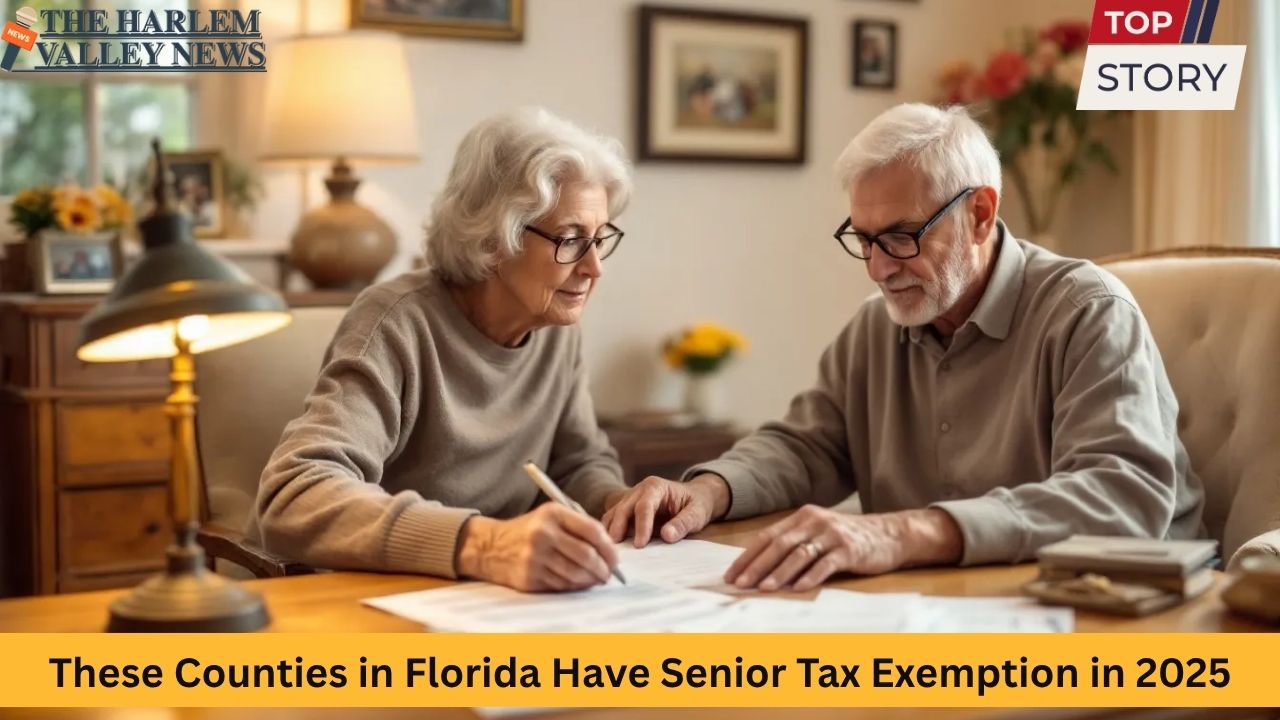
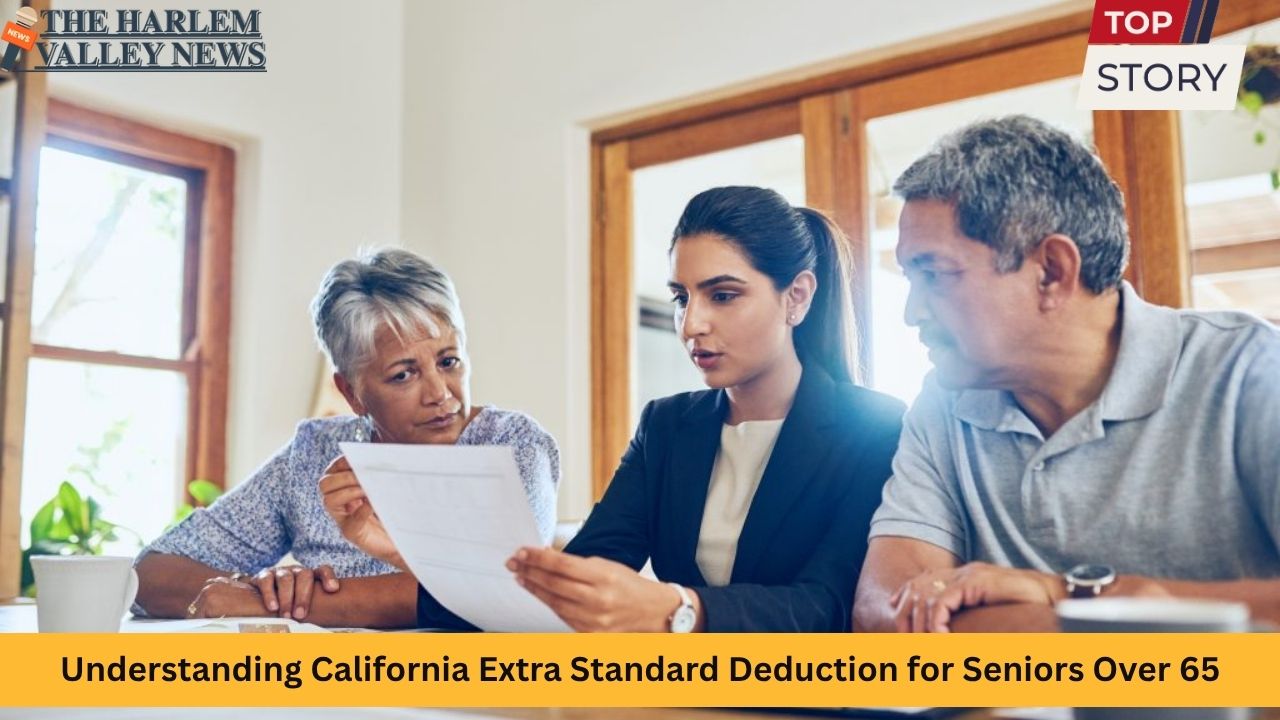


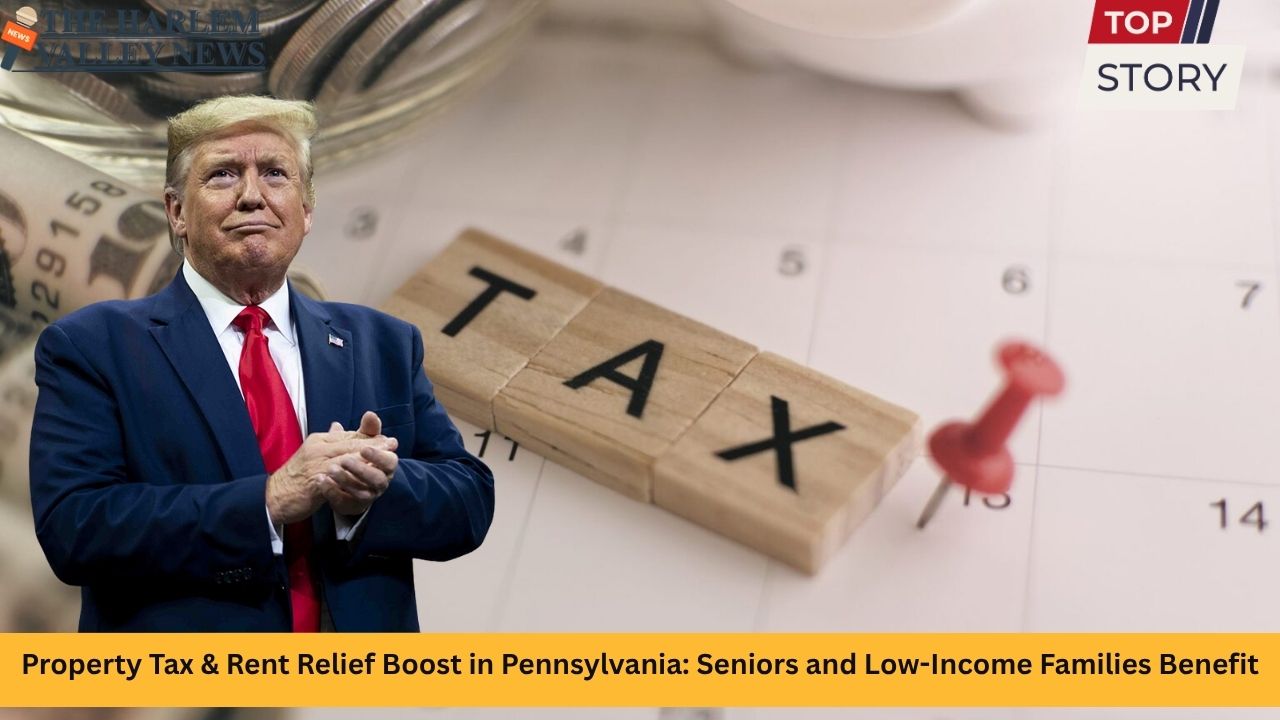
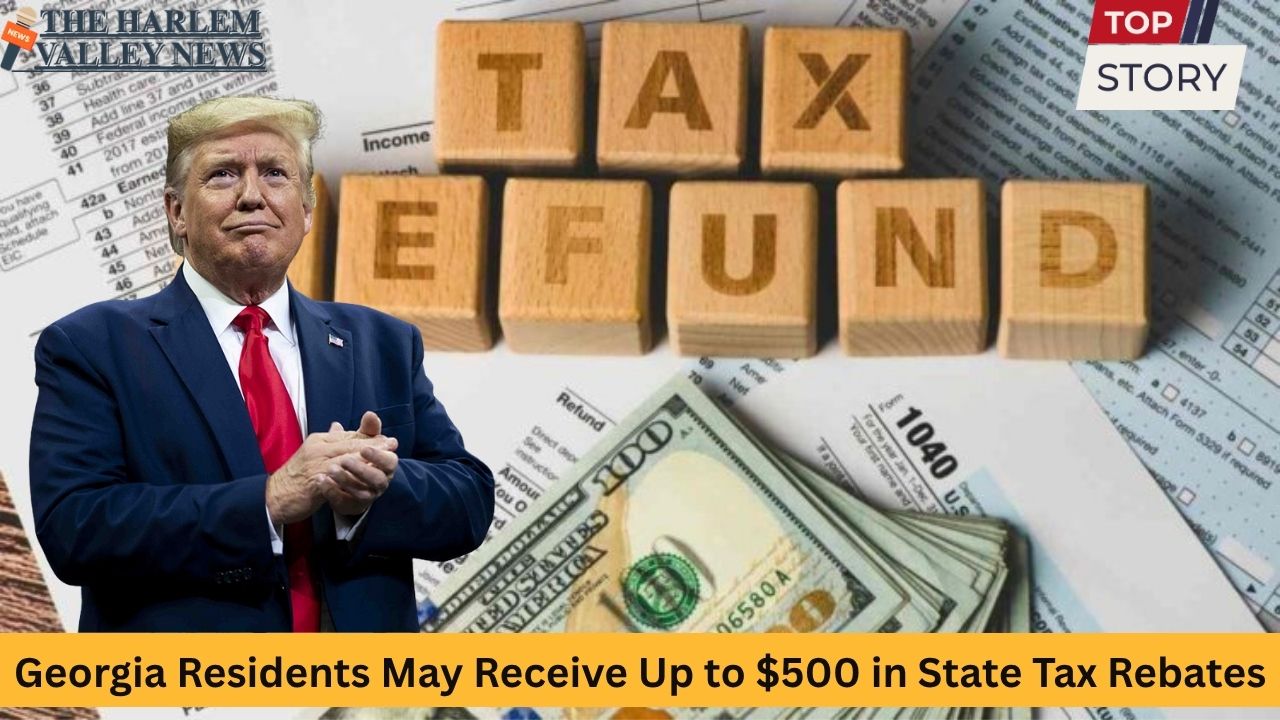






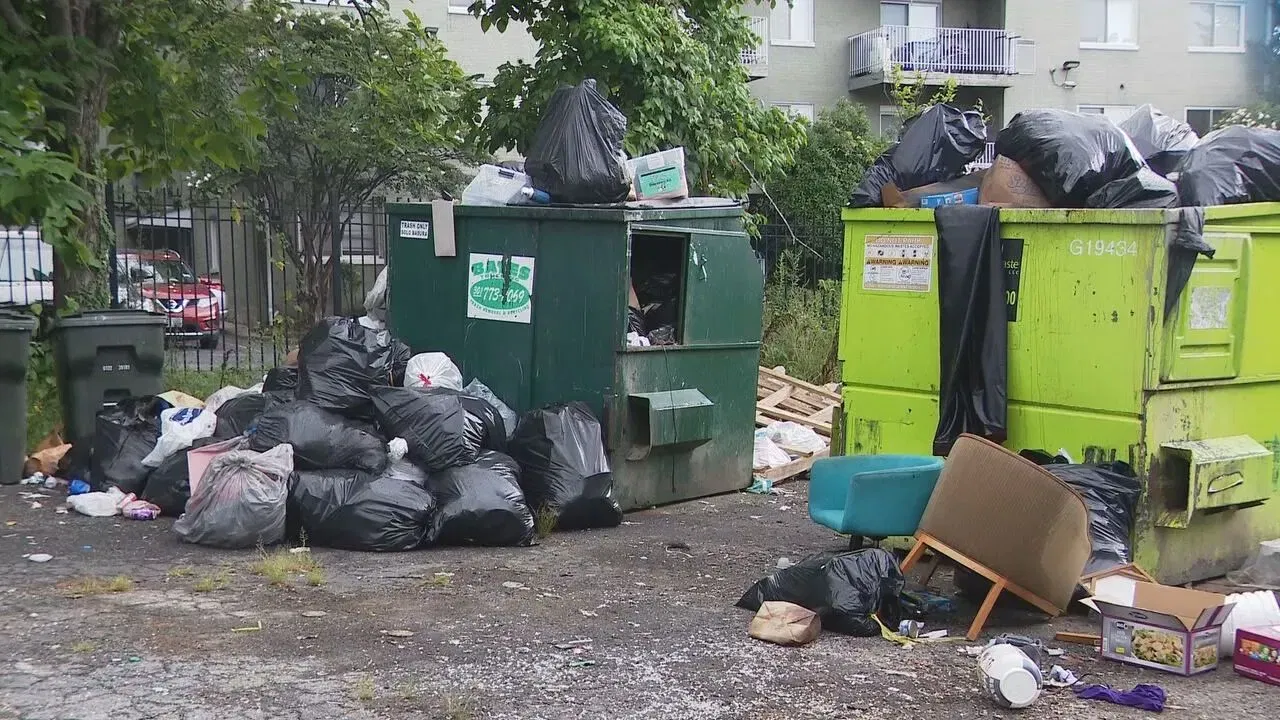


Leave a Reply